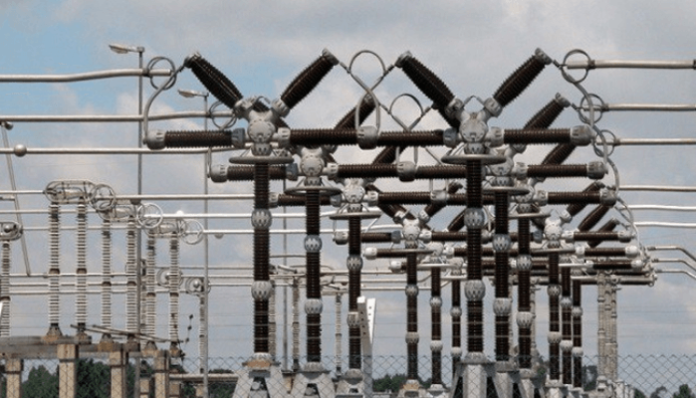By Milcah Tanimu
The Electricity Act, 2023, signed into law by President Bola Ahmed Tinubu on June 6, 2023, marks a significant milestone in Nigeria’s efforts to enhance its energy sector and streamline the regulation of the Nigerian Electricity Supply Industry (NESI). The Act, which repeals the Electric Power Sector Reform Act of 2005, establishes a comprehensive framework for the generation, transmission, distribution, and regulation of electricity in the country, integrating renewable energy sources into the national grid.
The primary goal of the Electricity Act is to attract private sector investment into NESI by providing a robust legal framework for a privatized, competitive electricity market. The Act includes provisions on licensing for electricity generation, distribution, and transmission, as well as guidelines for tariffs, subsidies, land acquisition, renewable energy, rural electrification, consumer protection, and enforcement of rights and obligations.
One of the significant reforms introduced by the Act is the mandate for the Federal Government to publish the National Integrated Electricity Policy and Strategic Implementation Plan (NIEPSIP) within one year. This plan is designed to guide the overall development of the electric power sector, covering aspects such as resource utilization, infrastructure development, rural electrification, public-private partnerships, and subsidies. The NIEPSIP will be reviewed every five years to ensure it remains relevant to the country’s evolving energy needs.
The Act also aims to transition the electricity market from a vertically integrated structure to a privatized and competitive one, under the oversight of the National Electricity Regulatory Commission (NERC). The sale and purchase of electricity and ancillary services will be governed by Market Rules and the Grid Code, with NERC having the authority to approve amendments and set conditions for different market stages.
Another critical aspect of the Act is the incorporation and licensing of an Independent System Operator (ISO) by the Transmission Company of Nigeria Plc (TCN). The ISO will take over market and system operation functions, including generation scheduling, outage coordination, congestion management, international transmission coordination, ancillary services procurement, system planning, and wholesale market administration. This move is expected to enhance the efficiency and reliability of the electricity system.
The Act also brings several key power sector agencies under a unified legislative framework. These agencies include NERC, the National Hydroelectric Power Producing Areas Development Commission (N-HYPPADEC), the Rural Electrification Agency (REA), the Nigerian Electricity Management Services Agency (NEMSA), and the National Power Training Institute of Nigeria (NAPTIN). This consolidation is intended to streamline their functions and improve overall sector efficiency.
Additionally, the Act updates licensing requirements to accommodate state-level legislation and market creation. States are now empowered to license entities for electricity generation, transmission, distribution, supply, and sale within their territories. This includes granting licenses for mini-grids, independent electricity distribution networks (IEDNs), and independent electricity transmission networks (IETNs).
The Electricity Act, 2023, introduces far-reaching reforms aimed at improving the efficiency and competitiveness of Nigeria’s electricity sector. By fostering private sector investment and integrating renewable energy sources, the Act addresses long-standing challenges in NESI. Successful implementation of these reforms will require coordinated efforts from federal and state governments, regulatory bodies, and industry stakeholders to ensure a sustainable and reliable electricity supply for Nigeria.

